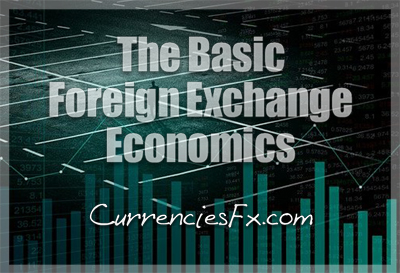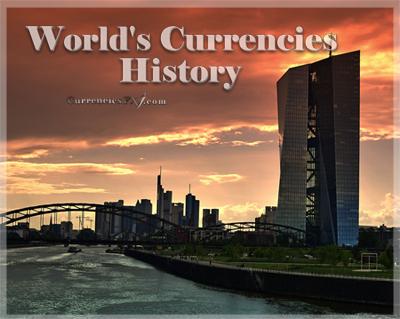 Factors Affecting Exchange Rates
Factors Affecting Exchange Rates
Similar to any other financial price, the price of an exchange rate is determined by the forces of demand and supply. The price of an exchange rate reflects many economic and non-economic factors. The most important factors are interest rates, inflation, growth, employment, and political risk.
Here are all the major factors affecting the fluctuations of global currencies.
1. Interest Rates
Central Banks and Interest Rates
The interest rates of an economy are adjusted by the domestic monetary authority, such as the FED in the US and the ECB in the Eurozone. When the interest rates of a particular currency increase, more investment funds are attracted and buy that currency to achieve a higher interest return. On the other hand, when interest rates are decreasing an exchange rate is less attractive to investment funds and thus it is expected to fall against other currencies.
Interest Rates Correlations
1) Interest Rates increase ↑ → market liquidity and inflation are expected to decrease ↓ → the domestic exchange rate increases ↑
2) Interest Rates decrease ↓ → market liquidity and inflation are expected to increase ↑ → the domestic exchange rate decreases ↓



